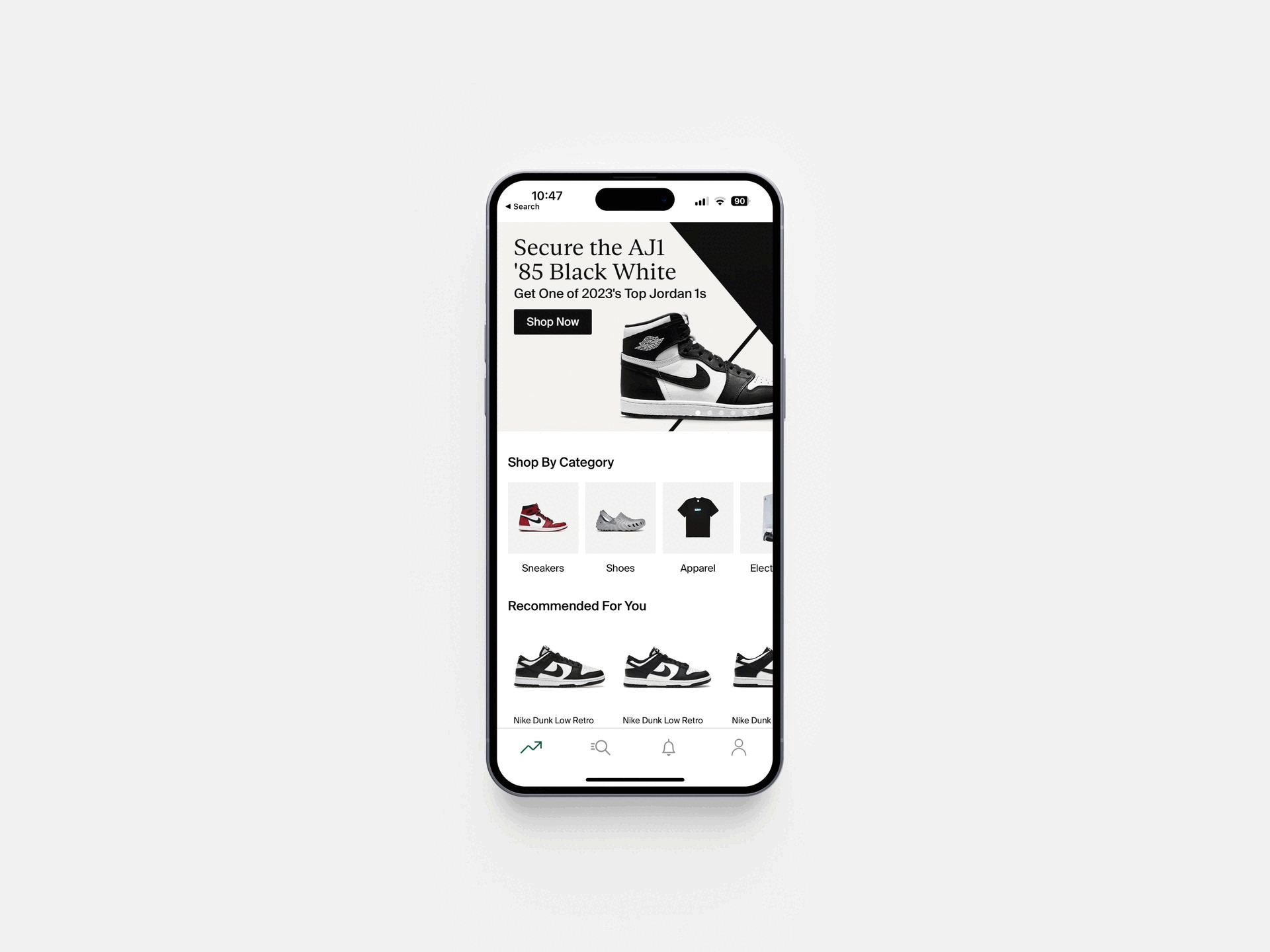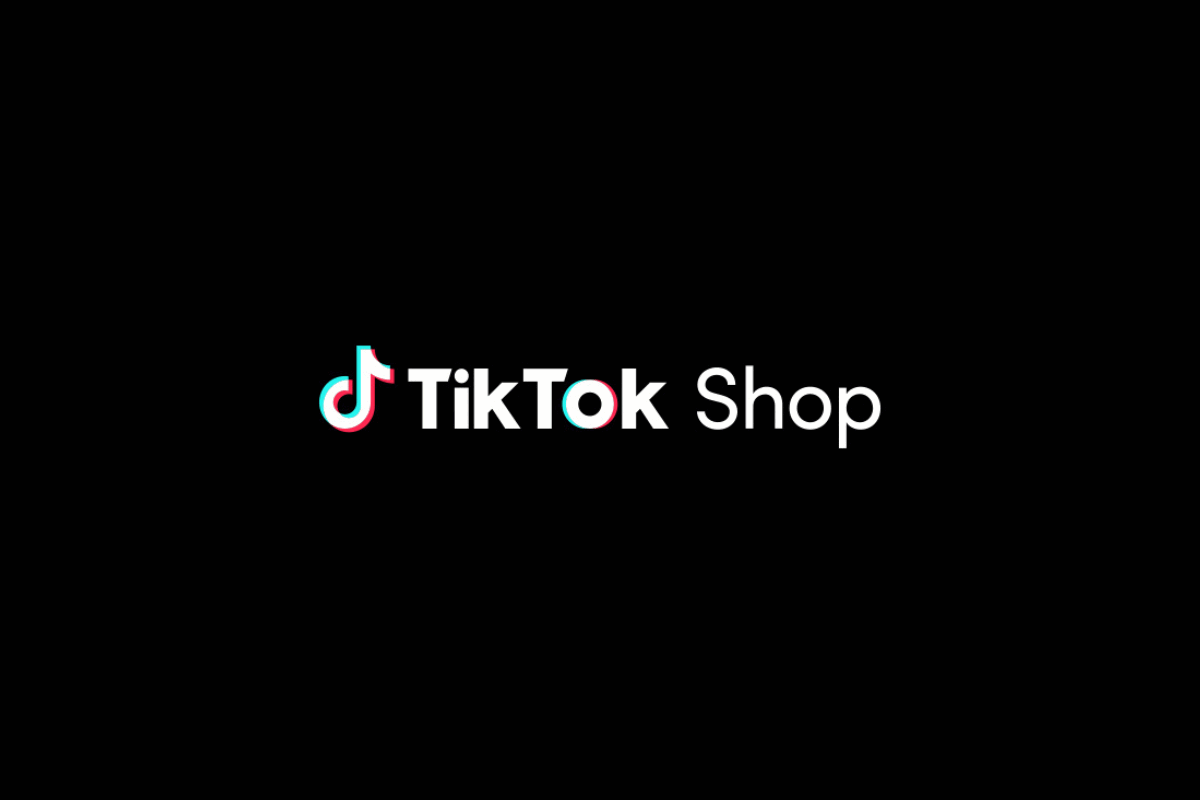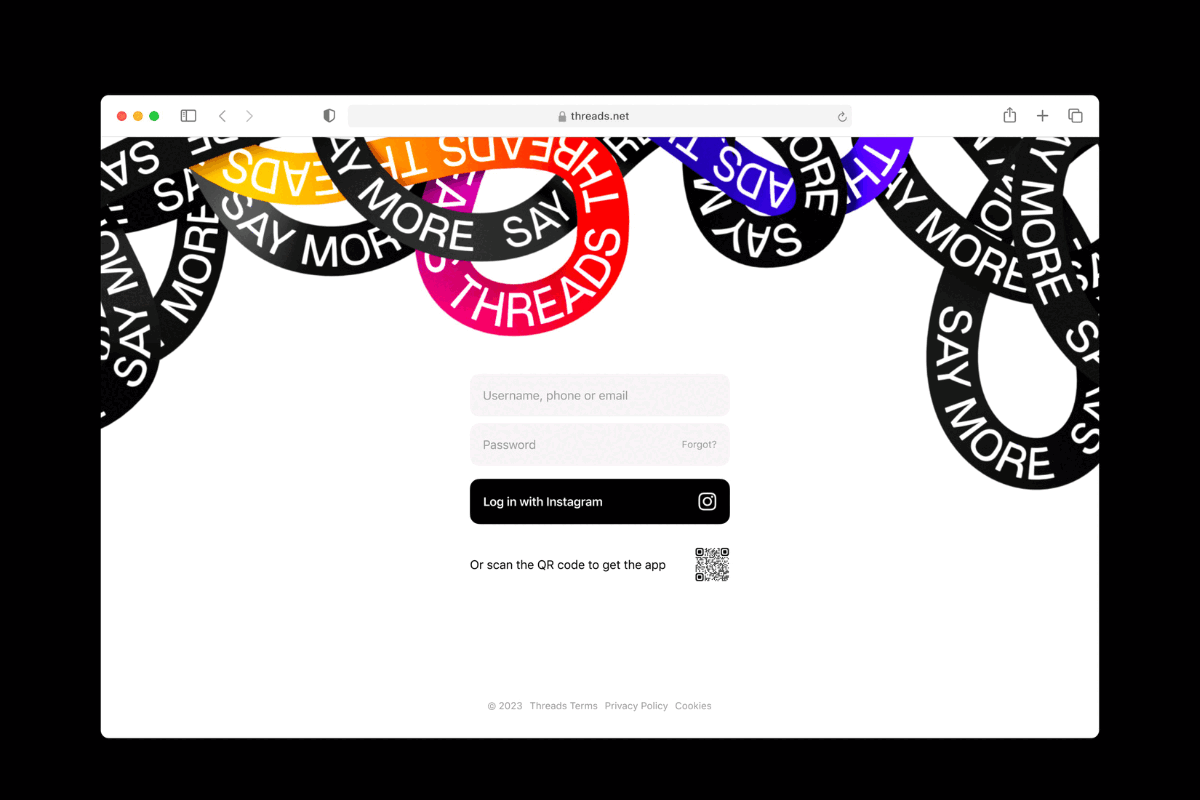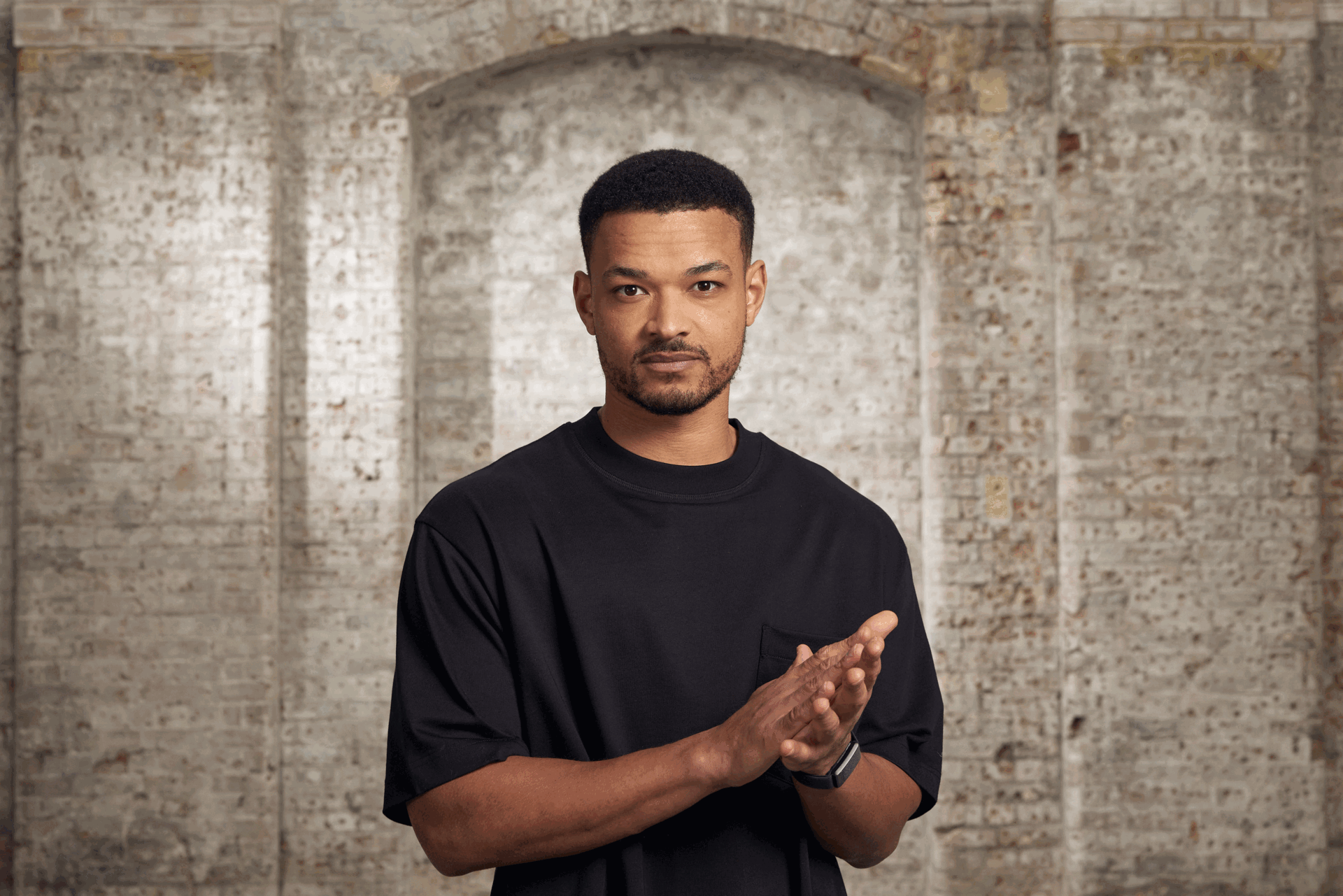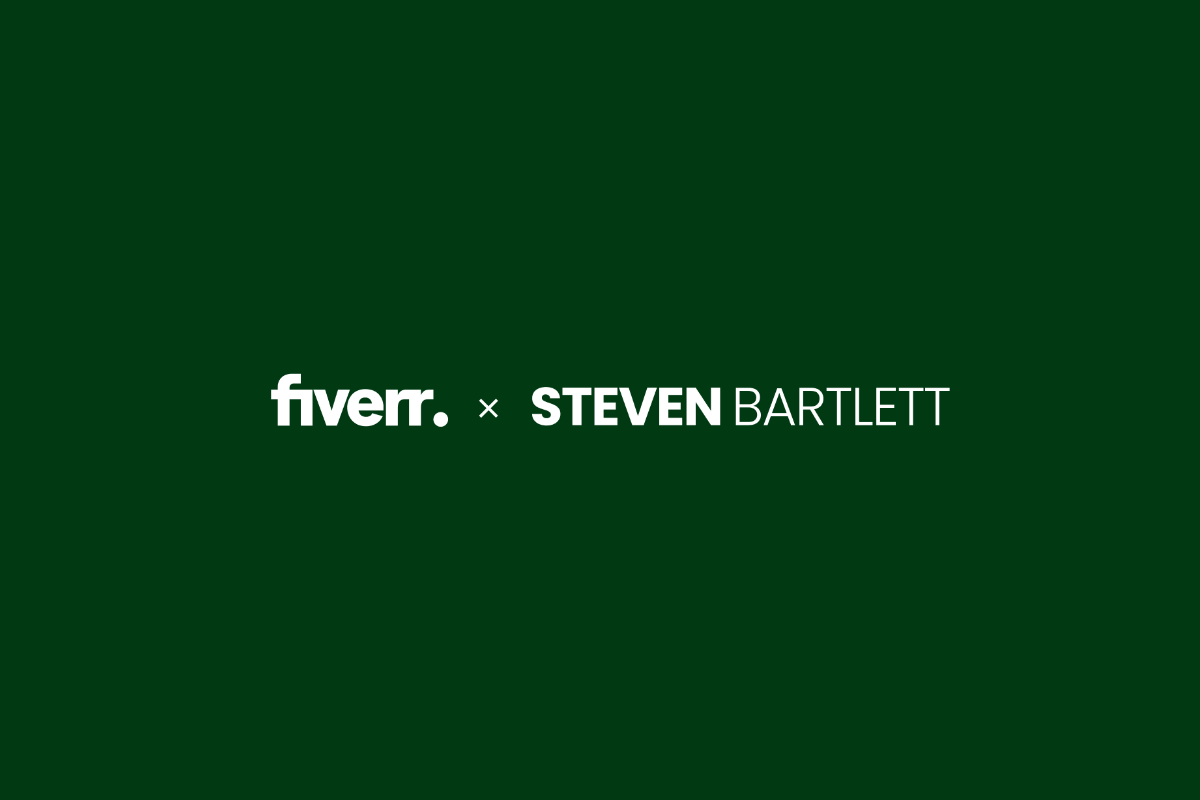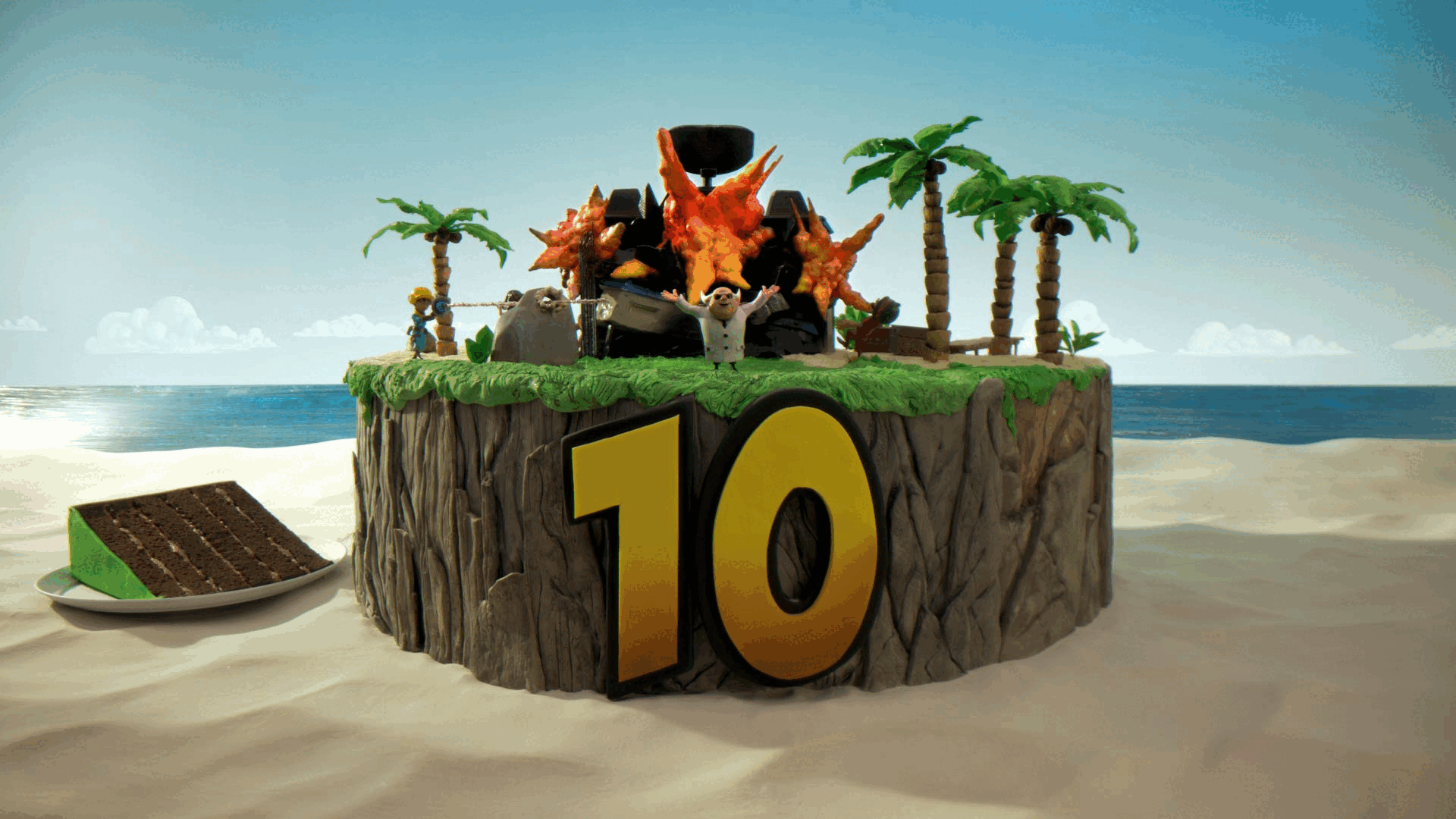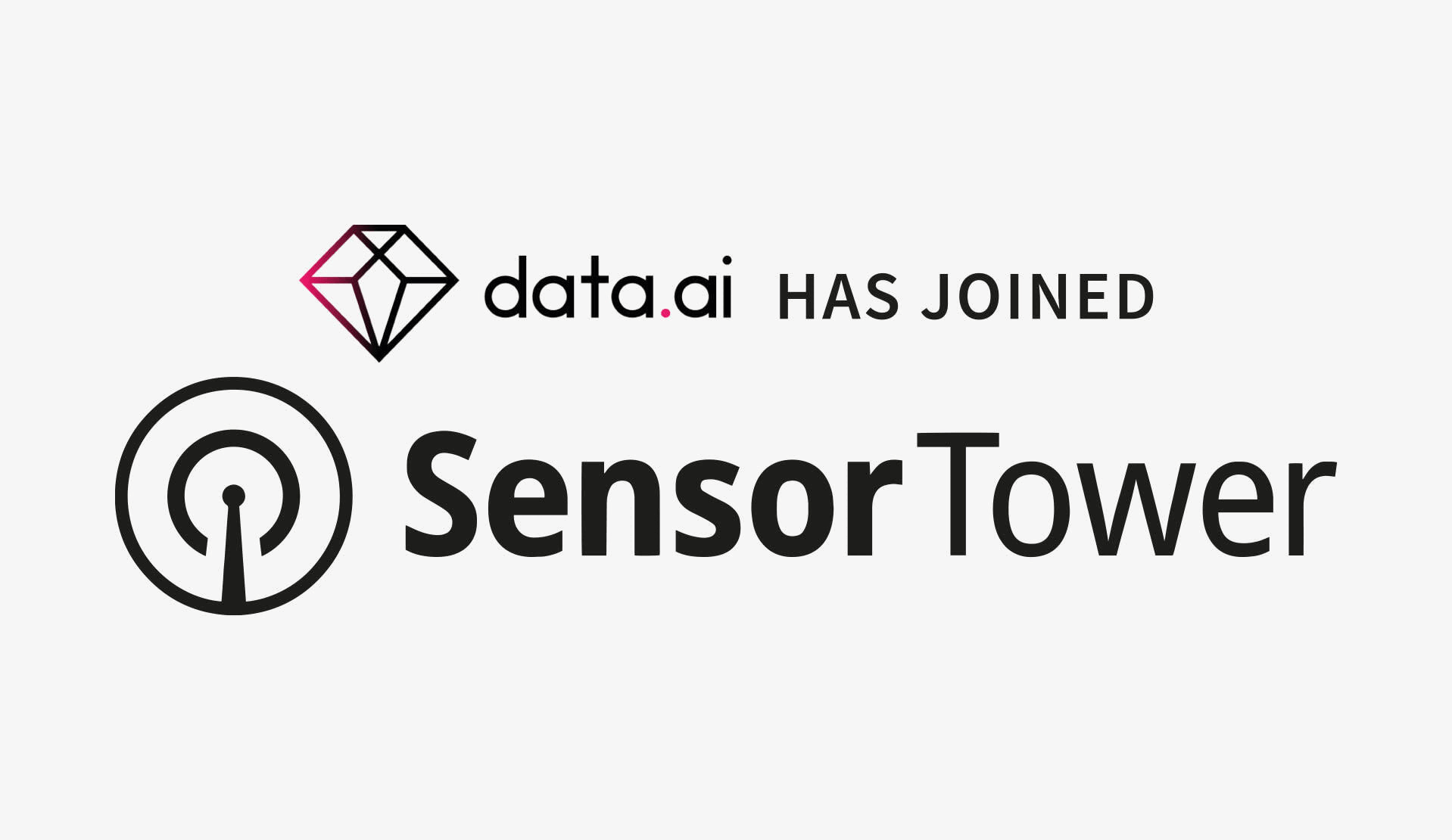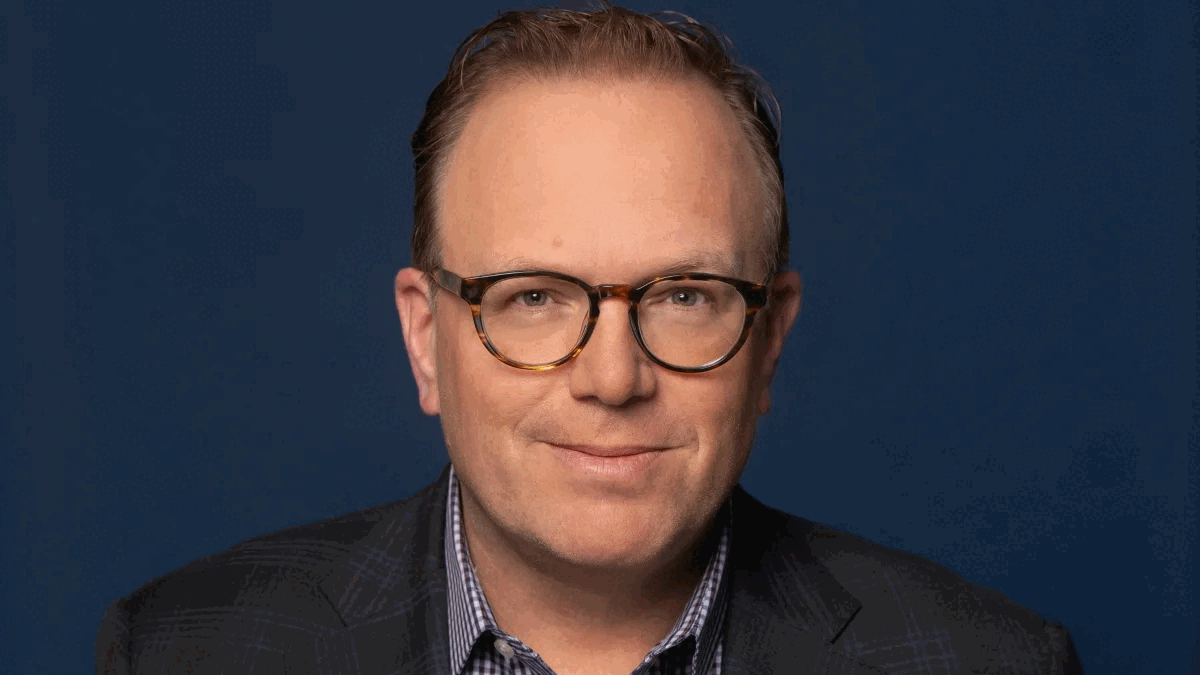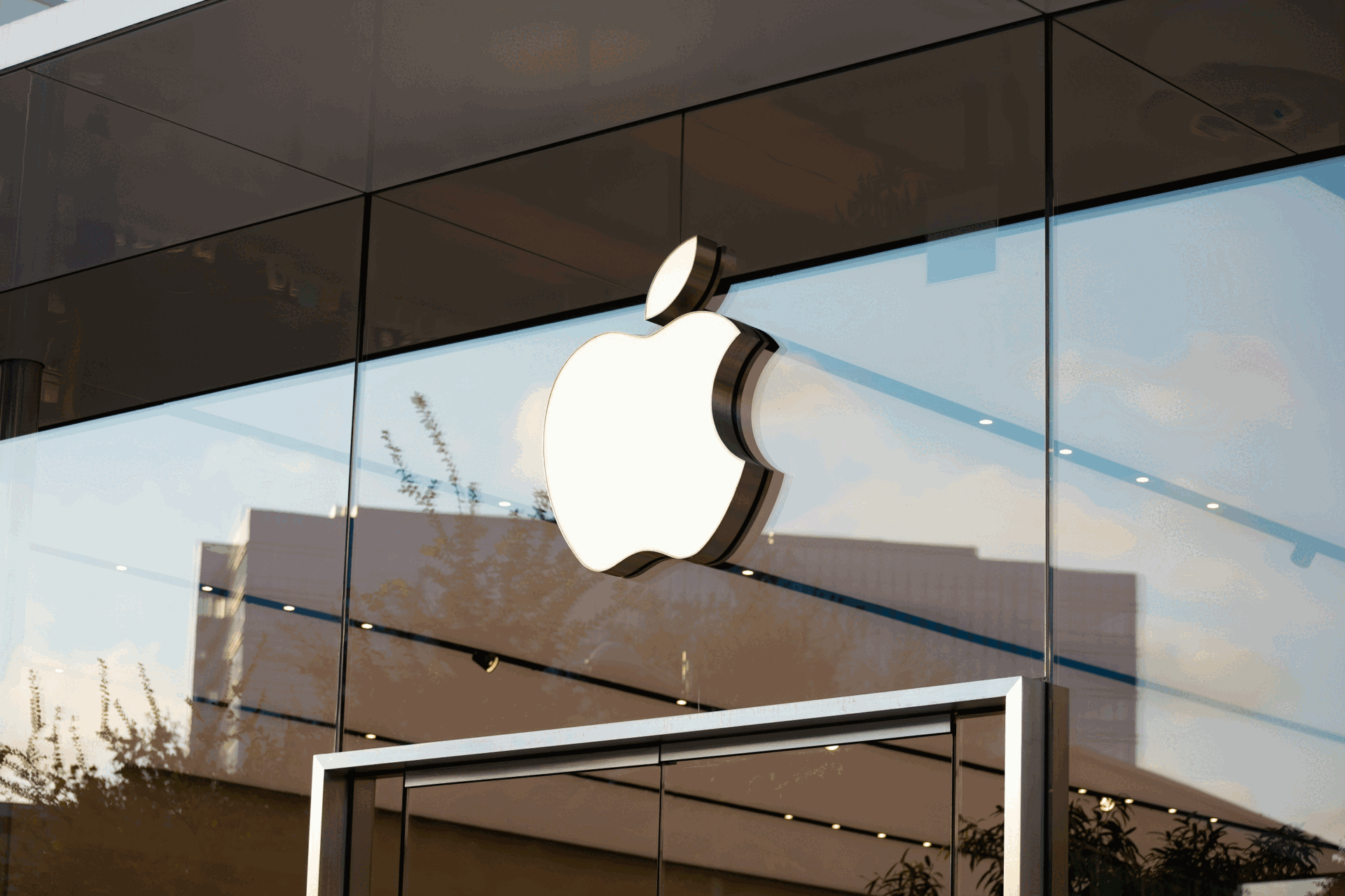Zuckerberg at MWC: “Connecting The Next Half of The World is Going to be Very Different”
- Monday, March 2nd, 2015
- Share this article:

“Connecting the next half of the world is going to be very different to connecting the people who are served by the current infrastructure,” said Mark Zuckerberg, who returned to the stage at Mobile World Congress today for the second year running.
Zuckerberg wasnt speaking in his capacity as Facebook CEO but rather as the founder of Internet.org. Launched in August 2013, the Internet.org initiative is an attempt to bring internet access to the two-thirds of the world who remain offline.
“We want to help people connect, and when we say that, we mean something a little bit different from the operators,” he said. “Were not doing the actual digital connecting, but were trying to help people connect with each other and share moments of their lives.”
So far, Internet.orgs process in connected new people and even countries has been twofold: improving and building infrastructure with operator partners, and offering free services to encourage adoption.
“What the program basically does is it gives people some basic services that, even if they have never used the internet in their life, they can use – communication and health and jobs and education,” said Zuckerberg. “And that basically serves as an on-ramp, so that people can learn why they would want to pay for data. And were finding that its growing paid subscribers.”
Paying the bills
This last bit is key. Given that OTT companies – of which Facebook is the single biggest example, especially since it acquired WhatsApp 12 months ago – are generally considered the operators mortal enemy, convincing MNOs to give away free data usage to customers cant have been easy. But Zuckerberg insisted that its in their own interests to do so:
“Were really serious about this. We have these services that people love and that are drivers of data usage and people want to get on the internet in order to use them, and we want to work it out so its a profitable model for our partners.
“Building up the infrastructure that is necessary to connect everyone in the world is very expensive,” he said. “The industry is already investing tens of millions of dollars a year into this, and were aware of that, so we want to be a good partner in helping them to grow their business.”
So far, Zuckerberg claims that the Internet.org model is working. This claim was supported by Mario Zanotti, senior executive vice president of Latin America at Millicom, one of the telcos that has partnered with Internet.org through its Tigo operator business. According to Zanotti, the number of new customers in Colombia who take data plans has increased by 50 per cent – and in Tanzania, sales of smartphones has increased tenfold.
This doesnt mean that there isnt more work to be done, though. “I dont exactly know what the long-term operator business model should be,” Zuckerberg admitted. “But what I know is that Facebook drives data usage, and especially when people are getting data for the first time.”
The middle markets
“Broadly speaking, there are developed markets where almost everyone is already on the internet, then there are middle markets where a lot of people are on the internet – Colombia would be an example of that – and then there are countries like Zambia where the vast majority of people are not on the internet.”
These so-called middle markets actually pose the biggest challenge for Internet.org, as the free services it offers come with a potential threat.
“The question becomes cannibalisation,” said Zuckerberg. “Will these people who are already paying move to these more trimmed-down free services? What weve found so far, basically across the board, is that the answer to that is no.”
Droning on
There was a lot of talk about expanding current infrastructure, but what about the more out-there Internet.org projects weve heard about, the drones and lasers and the like?
“With that stuff, the goal is basically to form the same kind of partnerships that we have today, in order to just get more tools to cost-effectively connect more people,” said Zuckerberg. “People like talking about that stuff because its sexy, but its actually at the fringe of the real work thats going on.
“The bigger deal is that there are a lot of people who just havent grown up with a computer or the internet, and if someone comes to them and says do you want a data plan, first you have to explain why the person would want to be on the internet. That is what were trying to do with free basic services.”
You can keep up to date with all our coverage from Mobile World Congress 2015 here.




